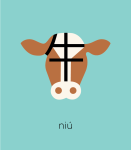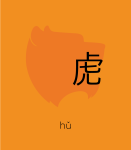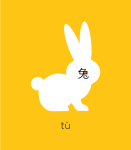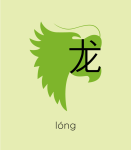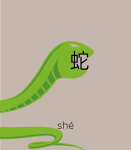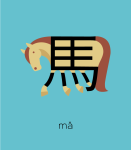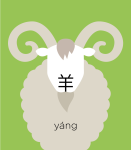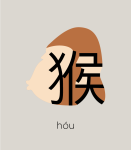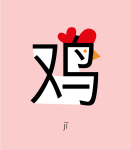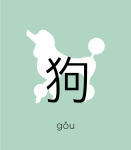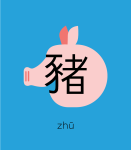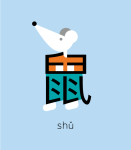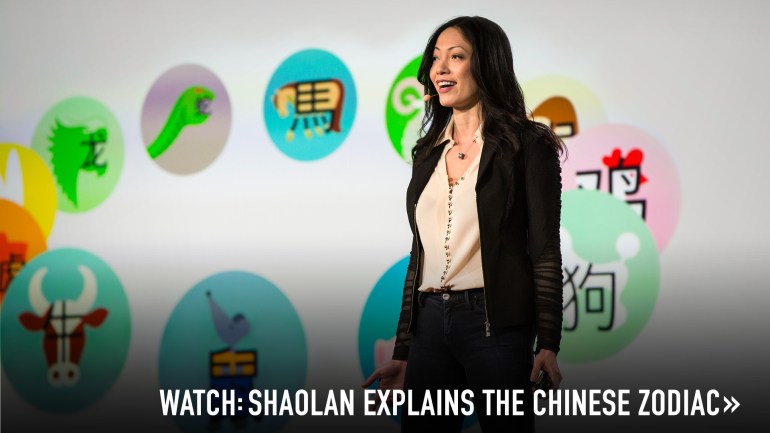Whether or not you believe in it, the zodiac system is a useful way to understand Chinese culture, says writer ShaoLan Hsueh.
Do you know your Chinese zodiac sign? According to tradition, it reveals more than simply your age — it’s a window into your personality, career, love prospects, and future good (or bad) fortune. For ShaoLan Hsueh (TED Talk: The Chinese zodiac, explained), the zodiac isn’t scientific truth, but teaching it is a fun way to achieve her real goal: to help the Western world develop a deeper understanding of Chinese culture. (She’s also created Chineasy, a visual learning system for Chinese.) Here, she dives into the history and modern relevance of the zodiac with lively drawings of each sign and its name in Pinyin — that is, the English pronunciation of Chinese characters.
The Chinese zodiac follows the moon (rather than constellations, as in the Greco-Roman zodiac system). It is divided into a 12-year cycle, with a different animal representing each year.“Every child in China, Taiwan and Singapore knows the story of the Chinese zodiac. It’s something they learn from birth,” says ShaoLan. Philosophy is deeply rooted in Chinese culture, and the zodiac, combined with the principles of yin and yang and the five elements, asserts a remarkable influence over people’s decisions and beliefs.
“If you ask people in China if they believe in the zodiac, many will initially say, ‘no, no. We are modern.’ But if you ask them when they want to have children, they’ll say, ‘hey, it’s not a bad idea to have a Dragon baby,’” says ShaoLan. Alibaba’s Jack Ma, she notes, is just such a Dragon baby. But as she says in her talk, “I went through the Forbes top 300 richest people in the world, and it’s interesting to see the most undesirable two animals, the Goat and Tiger, are at the top of the chart, even higher than the Dragon.”
Sometimes, zodiac signs become a quick shorthand. Once you reveal your zodiac sign, the person you’re talking to might start forming opinions on your personality. They’re also likely to start calculating your age. “At university, instead of saying, ‘I’m a freshman,’ it’s very common to say, ‘I’m a pig,’ or ‘I’m a horse,’” says ShaoLan. “Immediately we know the social pecking order in the group.”
As ShaoLan notes in her talk, “the Chinese believe certain animals get on better than the others. So parents choose specific years to give birth to babies, because they believe the team effort by the right combination of animals can give prosperity to families.” These individual family-by-family decisions, she says, “might seem small-scale, but it causes an actual fluctuation in consumer demand and impacts the economy.”

2016 is the Year of the Monkey, and the zodiac year for anyone born in 2004, 1992, 1980, 1968, 1956, and 1944. Monkeys are clever, creative and mischievous — and this is supposed to be a good year for all. “Even if you don’t believe in it, the zodiac is a fun way to learn more about Chinese culture,” says ShaoLan. “It’s a reminder of how important it is to pay attention to different societies and keep an open mind about our many differences and similarities.”

